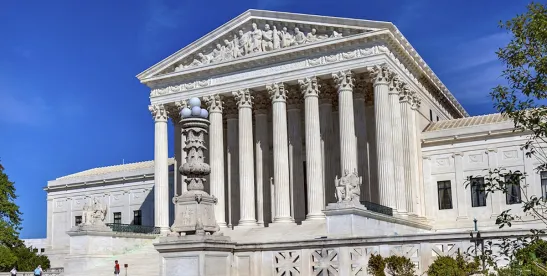Yesterday, the United States Supreme Court heard oral argument in Facebook, Inc. v. Amalgamated Bank (S. Ct. Case No. 22-15077). As presented by Facebook (now known as Meta Platforms, Inc.), the question for the court is as follows:
Whether a risk disclosure in the “Risk Factors” section of an SEC Form 10-K filing, as required by Item 105 of SEC Regulation S-K, is false or misleading when it does not disclose that the warned-of risk has materialized in the past, even if the past event presents no known risk of ongoing or future business harm. (emphasis added)
In other words, must a past event be disclosed even when the future risk is not dependent upon the occurrence of the prior event?
Is "what's past is prologue"?* or is "past performance is no guarantee of future results"? The latter statement certainly can be the case, as reflected in SEC Rule 156(b)(2). For example, if a fair coin is tossed four times and lands heads each time, what is the probability that the coin will land heads a fifth time? The answer, of course, is .5. The coin does not "know" anything about its prior flips. This is true, even though the odds of a fair coin landing heads five times in a row are much lower (1 in 32). In cases of independent probability, such as a fair coin toss, this is the source of the so-called "gambler's fallacy".
Amalgamated Bank's brief argues:
For instance, warning that the children might eat the whole cake before anyone else can have a slice would be misleading if one knows the cake is already gone. . . . It likewise would be misleading for a teenager to tell his parents there is a risk that he may fail one of his finals and have to retake a class when he has already taken one of his finals and failed it.
However, these arguments deal with entirely different situations. In Amalgamated Bank's examples, the warnings are misstatements because they warn of risks that have already occurred (i.e., the cake has already been devoured and the final exam has already been failed). Quite simply, they are no longer risks because there is no uncertainty about their occurred. The Facebook case involved forward-looking disclosures related to future risks and not denials of past events.
*Wm. Shakespeare, The Tempest, Act II, Sc. 1 (1611).



 />i
/>i
